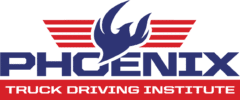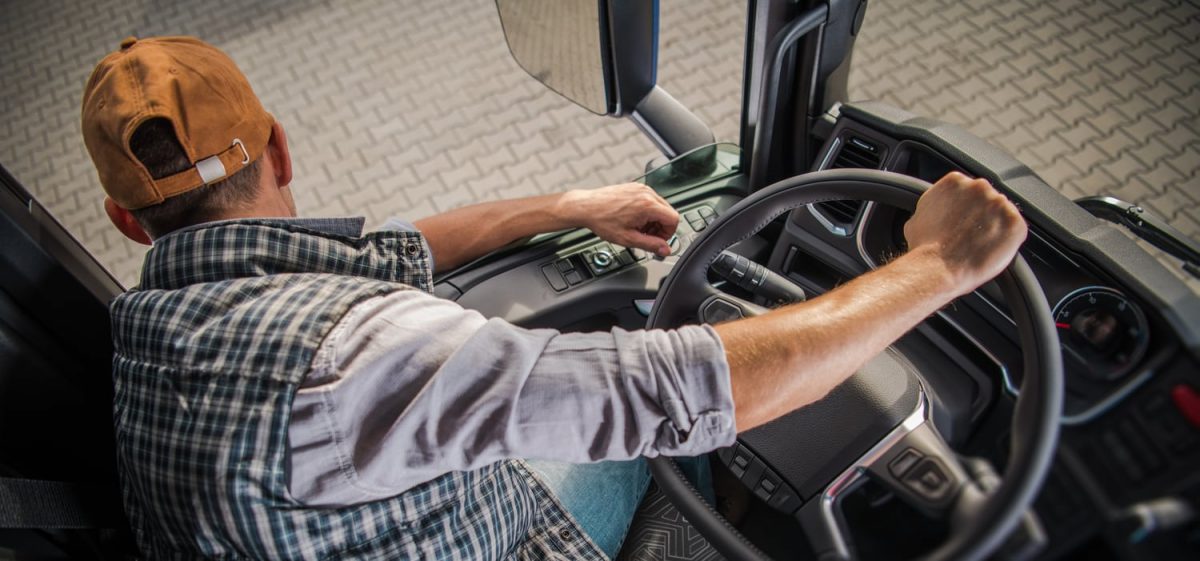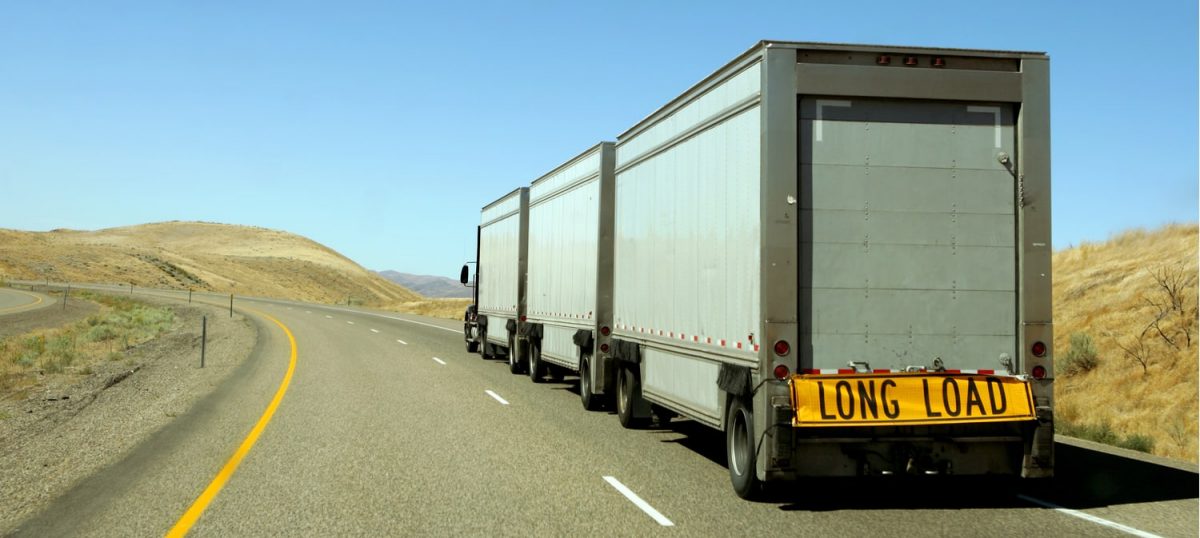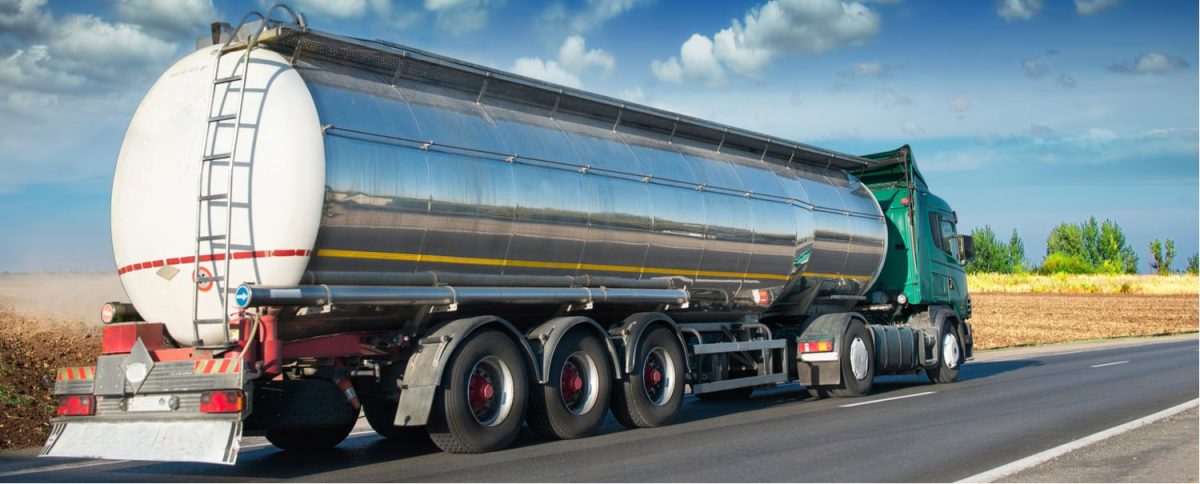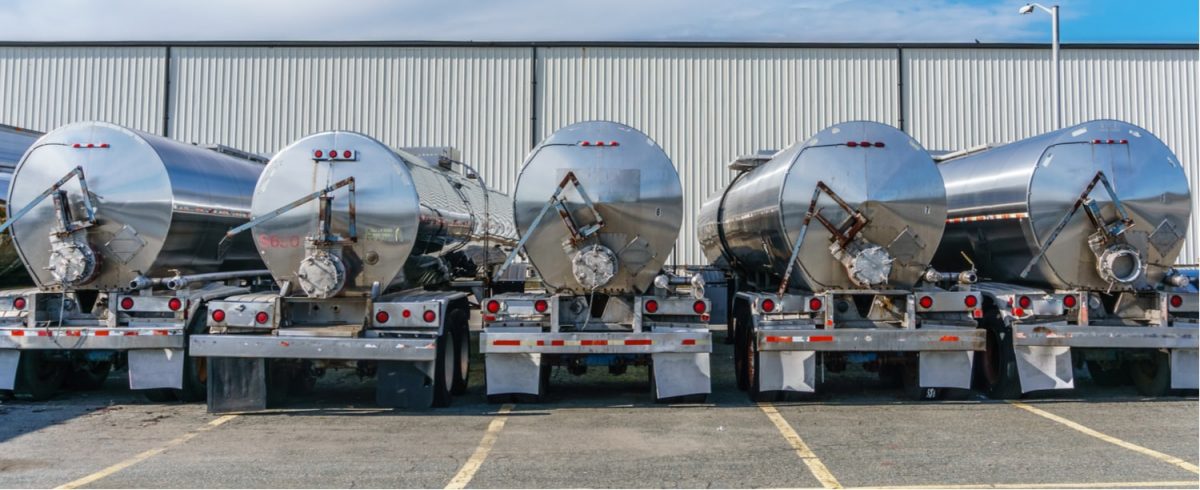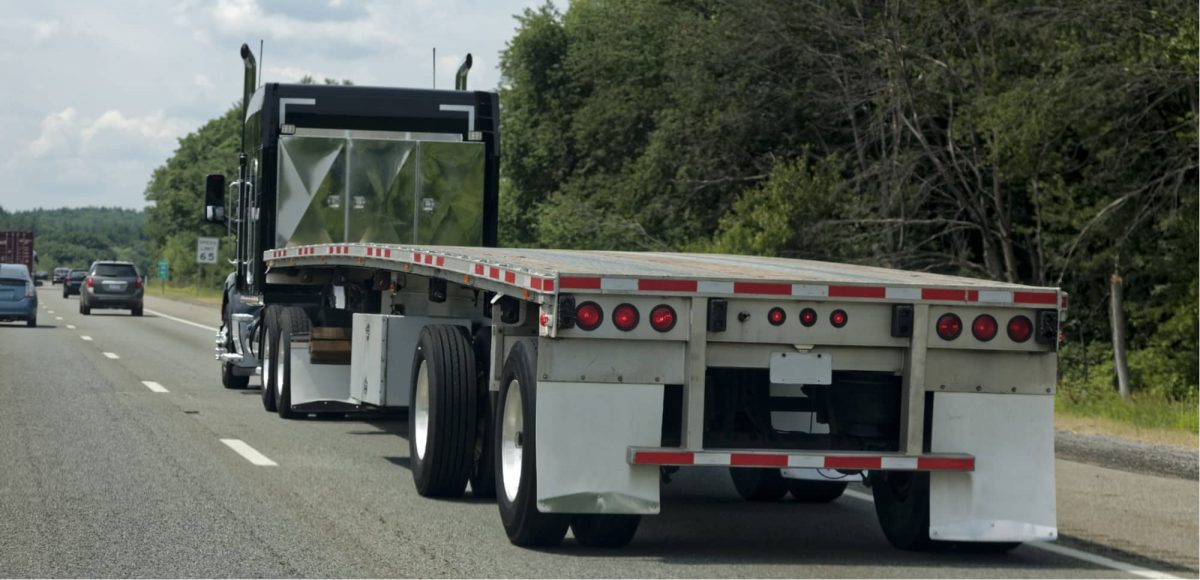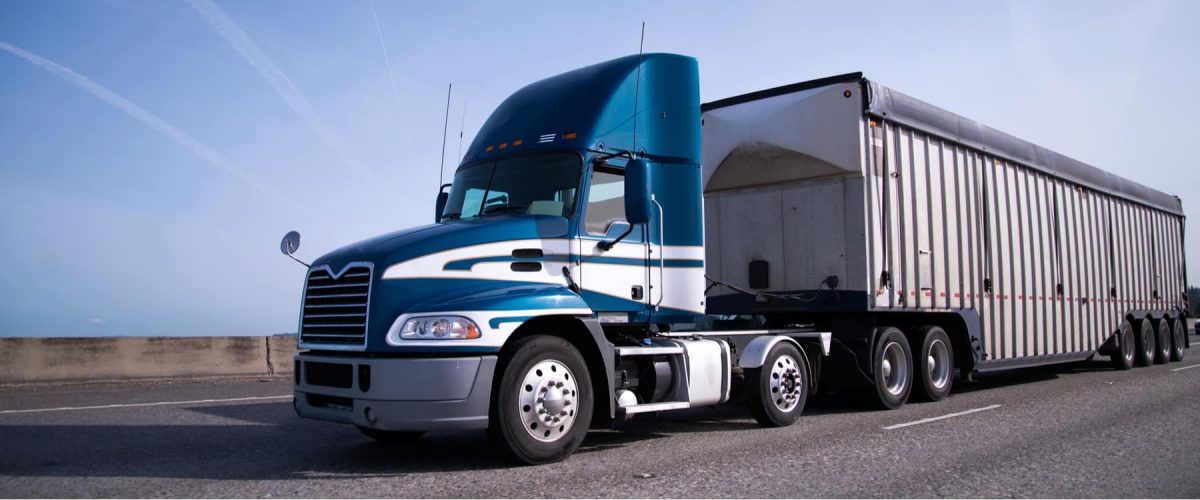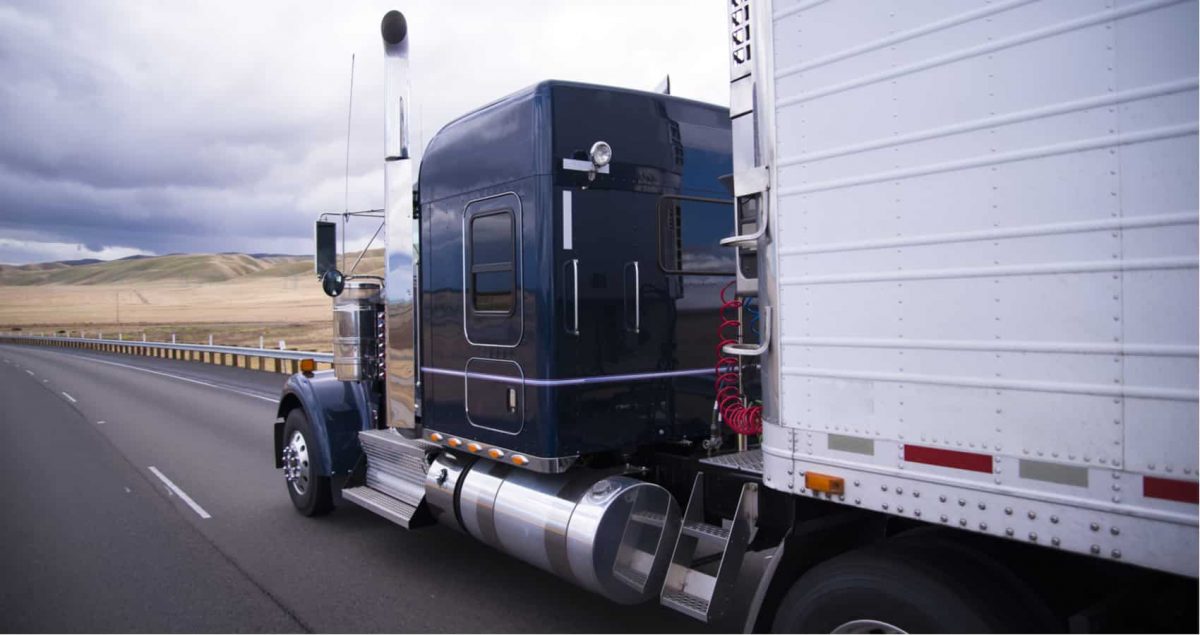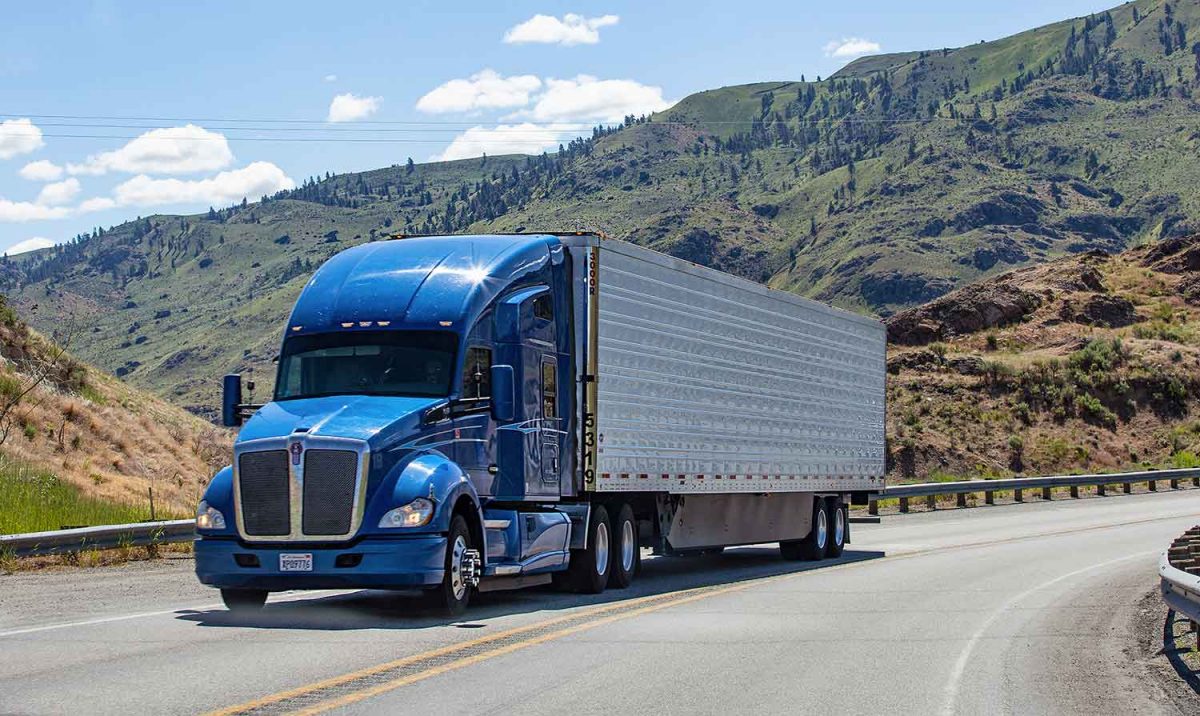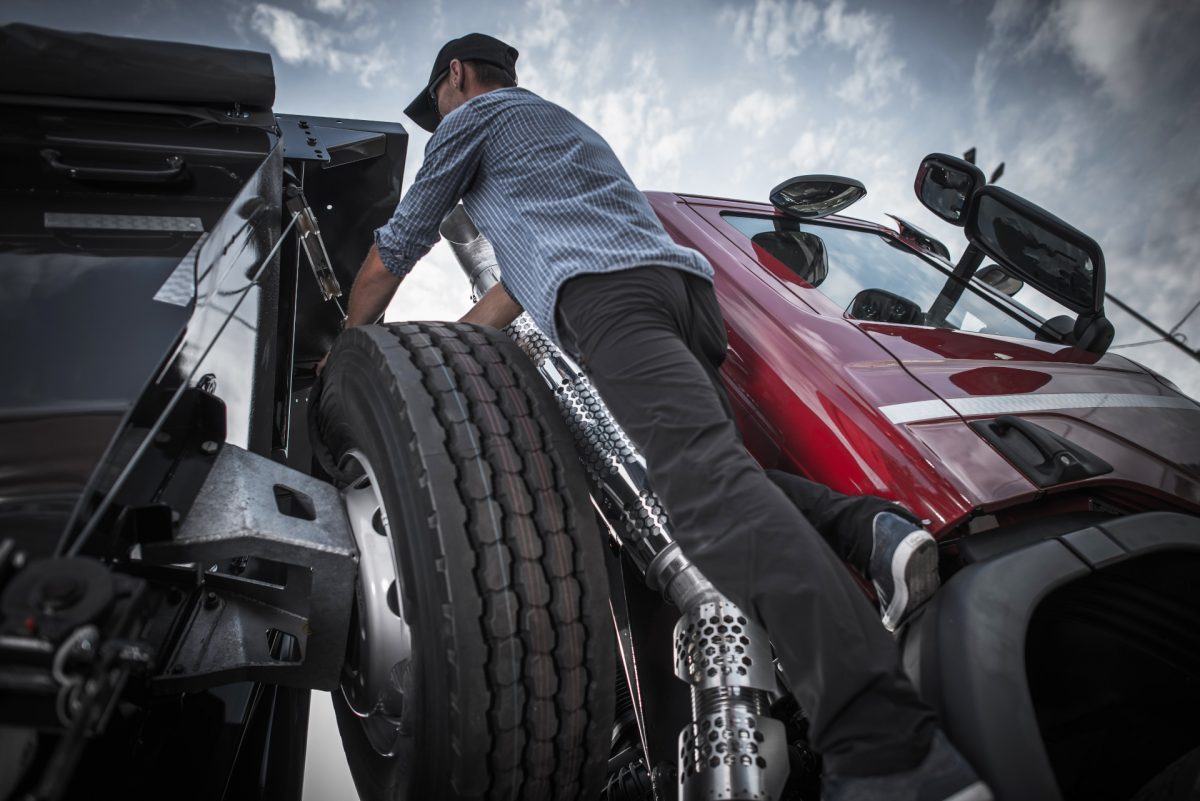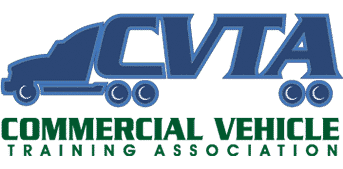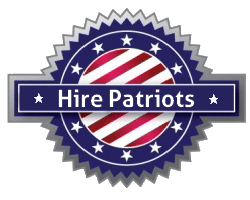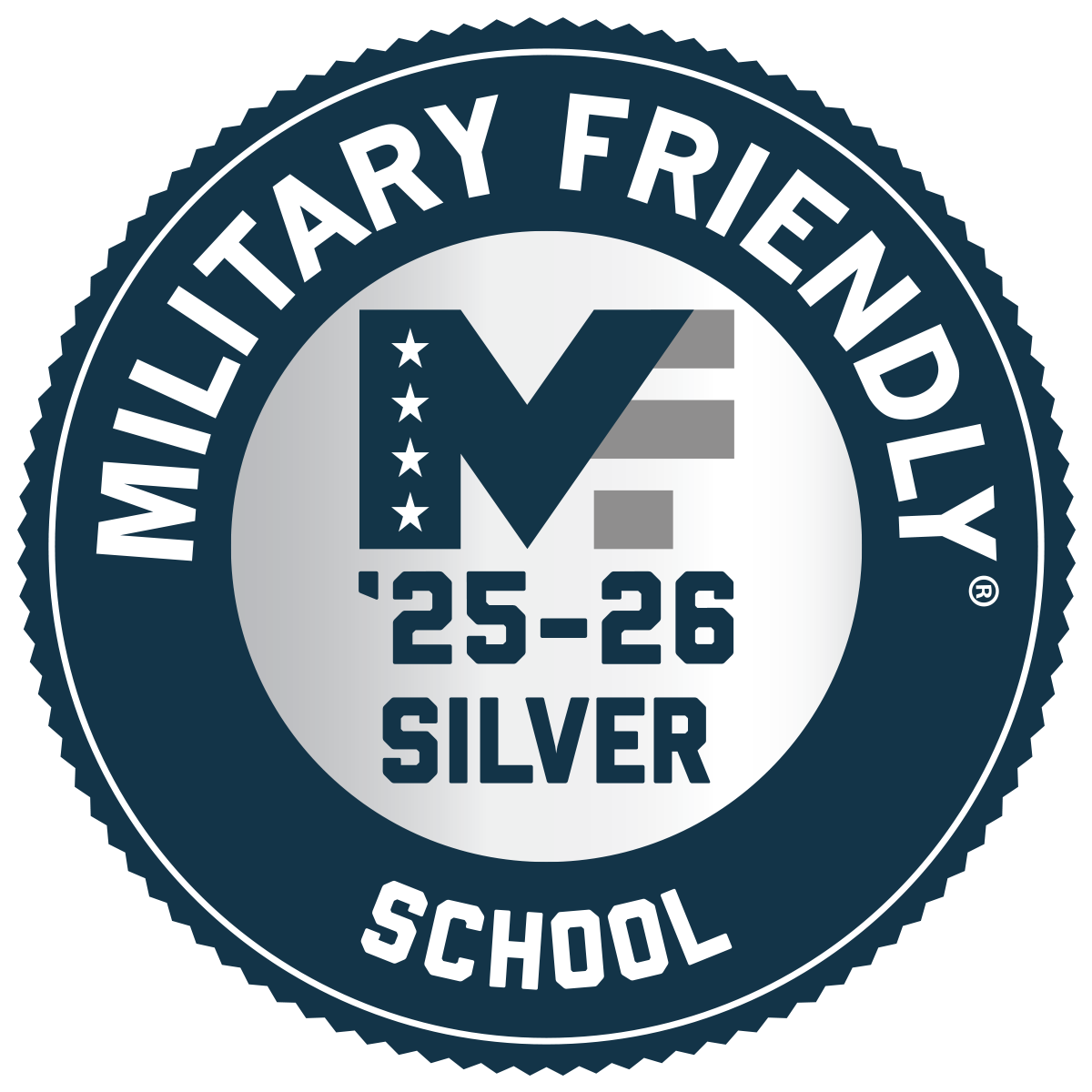In order to earn your commercial driver’s license (CDL), you will need to pass an exam. This includes a written and physical test of your ability to drive a commercial motor vehicle (CMV). The written test is broken down into the general portion, which is necessary for all CDL holders, and optional endorsement exams that demonstrate additional knowledge. Similarly, the CDL skills test is broken down to cover inspections, basic skills, and on-the-road driving. You can read specific New Mexico requirements for each portion in the state’s CDL manual.
Here is what you can expect:
Vehicle Inspection Test
As a professional truck driver, it is important to check your vehicle before every trip. This helps ensure safe operation. The first portion of the CDL skills test requires you to perform a full internal and external inspection of the type of CMV you plan to drive. During the exam, you will need to walk around the CMV and explain each step of the inspection process to the examiner. As you do so, you will be expected to point to/touch and name each part you check.
Basic Vehicle Control Skills Test
After you have inspected your CMV, the examiner will assess your basic control skills using various off-road tests.
CDL Skills Test Exercises
Your examiner may choose to test any of the following:
-
- Straight Line Backing: Backing your CMV in a straight line between two rows of cones
- Offset Back/Right or Offset Back/Left: Backing into a space that is to the left or to the right rear of your vehicle using cones as guidelines
- Parallel Park (Driver Side or Conventional): Parallel parking in a space that is on your left or right, using cones as boundaries
- Alley Dock: Sight-side backing your vehicle into an alley and positioning it parallel to the outer boundary without touching a line of cones
Scoring Criteria
Your examiner will score the above exercises based on:
- Encroachments: Crossing over boundary lines or touching cones with any portion of your CMV counts as an error.
- Pull-Ups: Stopping and pulling forward to get a better position is not penalized initially, but pulling up too often can count as an error.
- Outside Vehicle Observations (Looks): For some exercises, the examiner may allow you to safely stop and exit your vehicle to check its position. Exiting unsafely can result in an automatic failure. When done properly, these observations are scored as “looks” and there is a maximum of two for all exercises besides straight line backing, which has a maximum of one “look.”
- Final Position/Inside Parallel: The final position of your CMV must be exactly what the examiner asked you to do and if not, you may fail the CDL skills test.
On-the-Road Test
The final portion of the skills test requires you to drive your vehicle through a test route. This assesses your ability to handle actual traffic situations. If certain conditions don’t happen naturally on the route, the examiner may ask you to describe what you would do if that situation occurred.
Required Skills
The road portion of the CDL skills test may assess:
- Turning and turn signal use
- Steering
- Intersections
- Safe following distance
- Traffic checks
- Lane changes
- Expressway or rural/limited access highway
- Stop/start
- Curve
- Railroad crossing
- Bridge/overpass and associated signage
- Clutch, gear, and brake usage
Prepare for Your CDL Test
As a student at Phoenix Truck Driving School, you will have hands-on experience with inspection, basic road skills, and on-the-road driving. Our highly-skilled instructors will help you learn how to safely operate a CMV.
